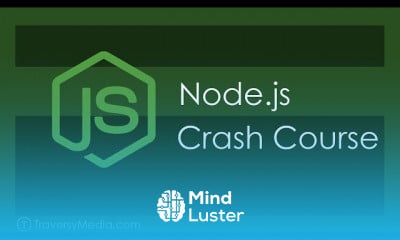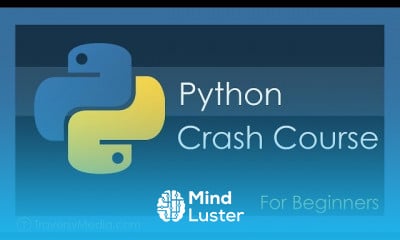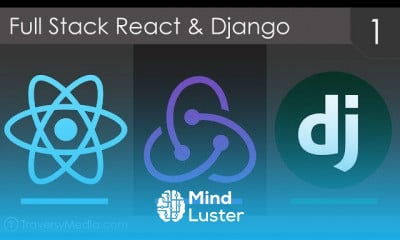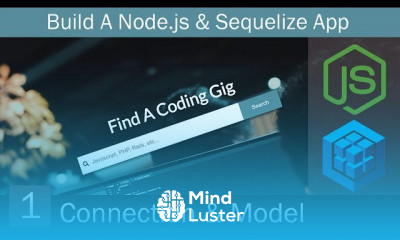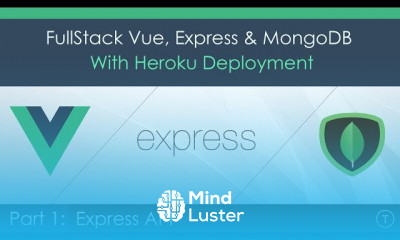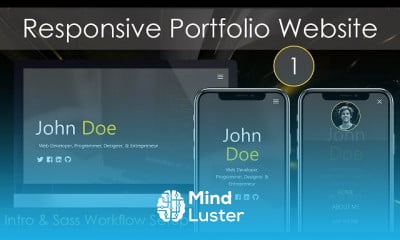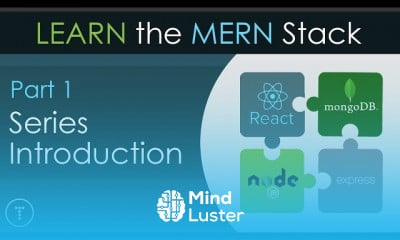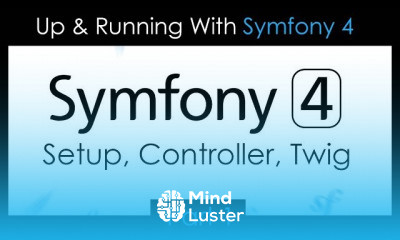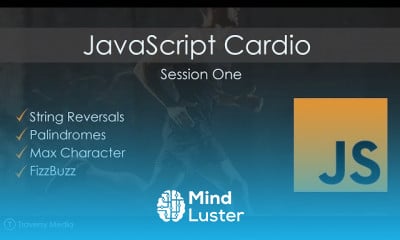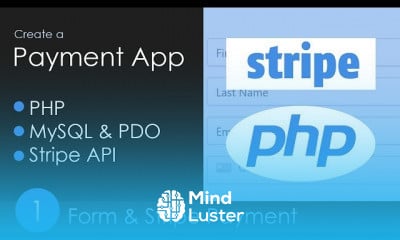difference between recursion and iteration
Share your inquiries now with community members
Click Here
Sign up Now
Lesson extensions
Lessons List | 181
Lesson
Show More
Lessons
Comments
Related Courses in Programming
Course Description
Data types in C Programming course,
in this course we will learn about the Data Types in C Programming, which are fundamental to understanding and mastering the language. Data types specify the type of data that can be stored in a variable, allowing the compiler to allocate the appropriate amount of memory and ensure data is processed correctly. We will explore the basic data types in C, including int for integers, float and double for floating-point numbers, char for characters, and the use of void. Additionally, we will delve into derived data types such as arrays, pointers, structures, and unions, which enable more complex data management. The course will cover how to declare variables of different data types, the significance of type modifiers like short, long, signed, and unsigned, and how to perform typecasting to convert one data type to another. We will also discuss best practices for choosing the right data type for specific applications to optimize memory usage and performance. Through practical examples and exercises, you'll gain hands-on experience in manipulating various data types and understanding their impact on program behavior. By the end of this course, you will have a comprehensive understanding of data types in C, equipping you with the knowledge to write efficient and effective C programs. Join us to build a strong foundation in C programming and enhance your coding skills.
Trends
AUTOMATA THEORY
MS Excel
Video editing with adobe premiere
Learning English Speaking
Create a website with wordPress for beginners
C Programming Language
Python programming language
Mobile Apps from Scratch
Digital Marketing
English greetings and responses
Digital Logic Families in Digital Electronics
R Programming basics for Data Analytics
English Language
English Grammar
Digital Marketing Beginners
Control Systems CS
Business Law fundamentals
Data Science with Python conditions
IC engine parts in Mechanical Engineering
Marketing
Recent
Royalty accounts fundamentals
Format of container accounts for beginners
company accounts fundamentals
Branch accounting fundamentals
Business Law fundamentals
Coordination in management
Influencer marketing strategies for beginners
Micro and macro economics for beginners
Job analysis techniques and tools
Total quality management for beginners
Golden rules of accounting with example
Comparison of equity and preference shares
Source documents in accounting beginners
English greetings and responses
Improve english grammar skills
English spelling rules for beginners
English pronunciation and spelling basics
English modal verbs essentials
FCE exam preparation essentials
B1 preliminary speaking exam Preparation











































